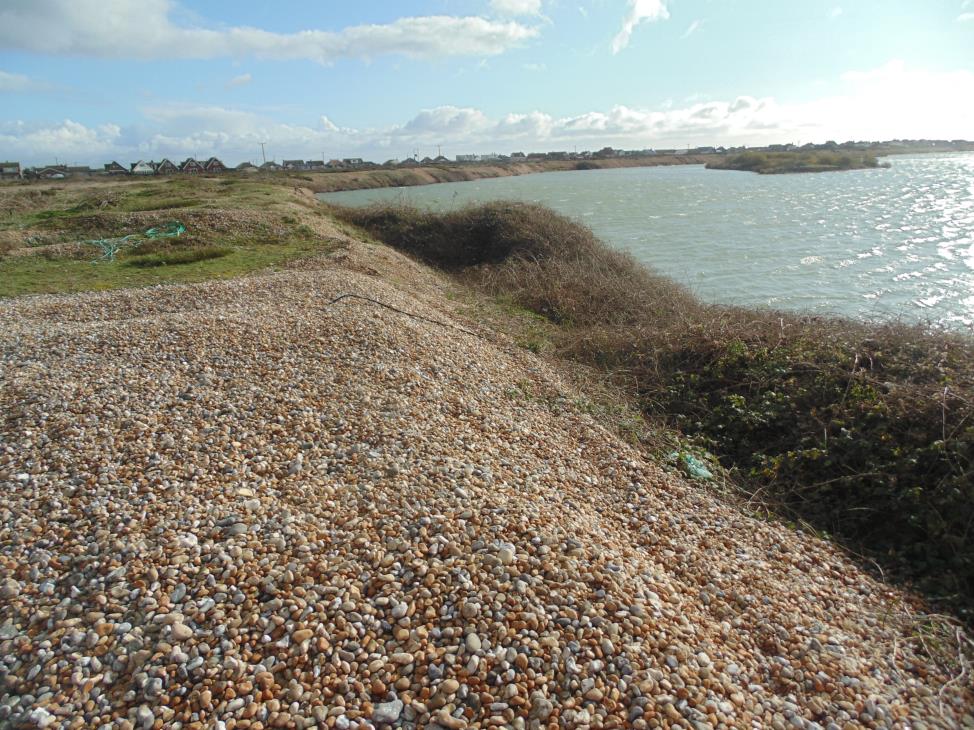Biodiversity Spotlight – Denge Quarry

We want to shine a spotlight on some of the great biodiversity work that is being carried out at CEMEX sites across the country.
First up, we’re going to take a look at Denge quarry in Lydd, Kent. This site has a Biodiversity Action Plan (BAP) in place, and despite the impact of the Coronavirus the team have made good progress on this over the last year.
The Denge team have a great relationship with the adjacent RSPB nature reserve at Dungeness. Together they have removed scrub from the islands in the quarry’s saline lagoon (five Islands and several peninsulas in this lagoon have been created as part of the restoration). Scrub, if left, would turn into woodland and make islands unsuitable for ground nesting birds. The removal activity maintains the wildlife value and protects the important habitat it provides for numerous species of birds and insects.
Being coastal, Denge is key for breeding wetland birds, particularly sea birds. Decoy nesting gulls have also been installed to encourage Black Headed Gulls and Common Tern to nest in safe nonoperational areas, on the shingle islands. The team have monitored the site for bryophyte plants (such as moss, liverworts and hornworts) with a view to managing the negative impacts of invasive non-native species. One such species is Crassula Helmsii (New Zealand – Stonecrop), which can form dense, tangled growth of stems underwater, on the shoreline. These choke out native wildlife, such as the endangered Sussex Emerald moth currently found in one area of Dungeness, where it lives in vegetated shingle.
Over the last year, the team at Denge have spotted 158 species of wildlife, including birds such as Gadwall, Tufted Duck, Little Grebe, Black Headed Gull and Common Tern and three types of reptile: Adder, Grass Snake and Common Lizard.
For 2021 and beyond, a comprehensive list of actions have been decided, and these include:
- Creating fish reefs using large willow
- Creating areas of wild carrot, fenced, to prevent rabbits
- Profiling margins for reedbed growth
- Checking of gabion baskets and island stability
With these actions, the site’s wider BMP (BAP) will help ensure that Denge provides a diverse and developing environment for wildlife.
Well done to all those at the site and in the UK Sustainability team who are working hard to enhance Denge’s eco credentials!